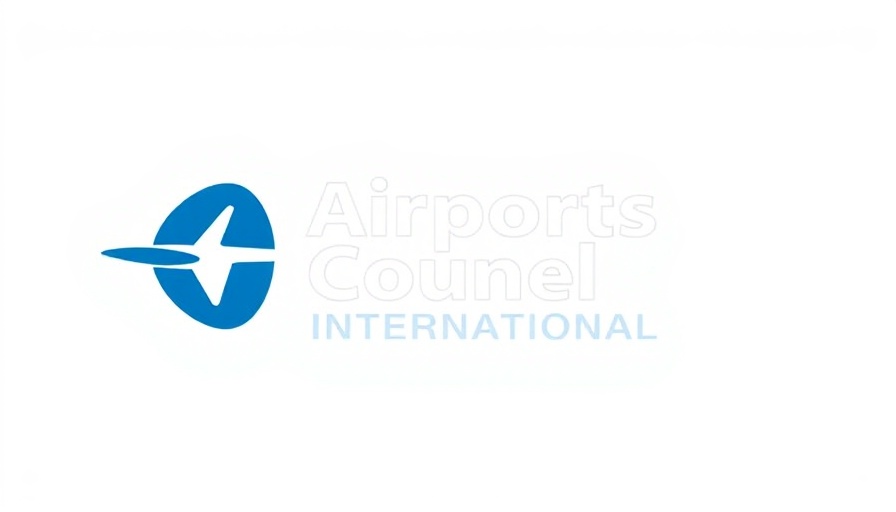
Raising the Volume: ACI Europe Alarmed by Noise Management Regulation Challenges
The Airports Council International (ACI) Europe has raised serious concerns regarding the European Union's enforcement—or lack thereof—of the Noise Balanced Approach principles, which are key for managing aircraft noise at airports. This issue has garnered attention particularly following the European Commission's recent decision to implement noise operating restrictions at Amsterdam Schiphol Airport. This ruling could potentially limit the airport's ability to meet increasing passenger demand, leading to broader implications for connectivity across the region.
Understanding the Noise Balanced Approach
The Noise Balanced Approach, enshrined in Regulation (EU) No 598/2014, is a critical legal framework that outlines how noise-related operating restrictions should be approached. Its intent is clear: limitations on aircraft operations should be only a last resort after exploring all other alternatives, like improving land-use planning and incentivizing the use of quieter aircraft. The recognition of this approach aims to harmonize environmental protection with the essential need for robust air connectivity in Europe.
Legal Overreach: ACI's Concerns
ACI Europe has voiced alarm over what it perceives as a disregard for this legislative process in several EU Member States. There have been instances of noise-related restrictions being implemented without appropriate notification to the European Commission, which raises serious questions about operational integrity. This non-compliance threatens the legal stability that airports and airlines depend on—an essential aspect for sustaining a competitive aviation market within Europe.
Progress on Aircraft Noise Management
Despite the regulatory concerns, it is important to highlight the advancements made in aircraft noise reduction over the last twenty years. Measures like advanced low-noise operational procedures and initiatives to promote quieter aircraft have made significant inroads into mitigating aviation noise. However, ACI’s worry about non-application of the Balanced Approach suggests that recent regulatory failures risk overshadowing these achievements.
Call for Strengthened Oversight from the European Commission
ACI Europe urges the European Commission to enforce its oversight more rigorously, ensuring Member States adhere to the Balanced Approach principles. By developing clear and practical application guidelines, cohesion in implementation across EU airports can be achieved. The call is not just about regulation—it is about revamping how noise management policies can be more effective while promoting economic well-being and connectivity through the aviation sector.
Impact of Unilateral Restrictions on Connectivity
Unilateral and disproportionate restrictions that fall outside the Balanced Approach framework create significant risks. Governments imposing these measures may inadvertently divert air traffic to non-EU airports, which threatens the economic growth fostered by air connectivity. The consequences of these limitations are extensive, extending beyond the local economies to challenge Europe’s competitiveness in a global market.
Catalyzing Change: Effective Noise Management Strategies
In advocating for practical noise management policies, ACI Europe highlights the importance of land-use planning to prevent sensitive developments around airports, alongside providing fleet renewal incentives. Collaboration between airports, airlines, local authorities, and communities is fundamental for achieving balanced solutions that consider the needs and concerns of those affected by airport noise.
The Bigger Picture: Sustainable Aviation Practices
As air traffic continues to rise, addressing the challenges of aircraft noise management can no longer be delayed. The future of aviation hinges on effective regulations that balance environmental considerations with the industry's growth. Future strategies must be firmly rooted in a sustainable approach to achieve long-term compliance and protect the interests of all stakeholders involved.
In conclusion, ACI Europe’s concerns shine a necessary light on the criticalities of noise management regulations in the EU. By recognizing these challenges and advocating for cohesive cooperative efforts among stakeholders, we can work towards a balanced approach that benefits passengers, communities, and the environment alike.
 Add Row
Add Row  Add
Add 




Write A Comment